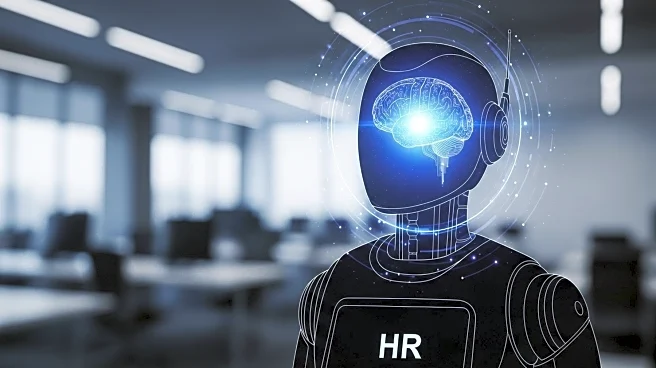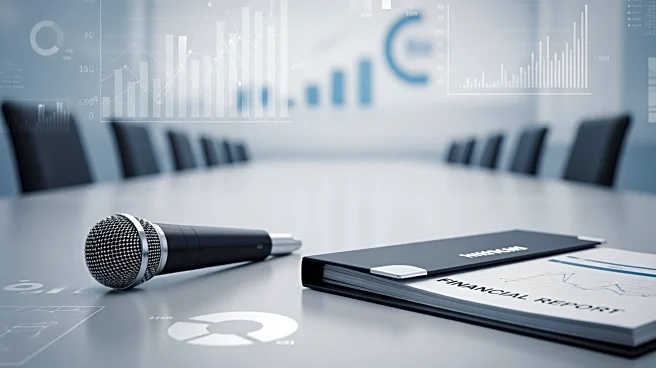What's Happening?
A study involving 1.4 million images and videos, along with nine major AI models, has found that women are systematically portrayed as younger than men by AI systems. This bias is more pronounced when women are depicted in higher-status occupations. Additionally, AI-generated resume assessments tend to assume women are younger and less experienced. These findings highlight the potential for AI systems to perpetuate gender biases, affecting hiring practices and workplace dynamics.
Why It's Important?
The discovery of gender bias in AI systems has significant implications for HR practices and workplace equality. Biased AI systems can distort hiring processes, undermine pay equity, and expose organizations to regulatory and reputational risks. As AI becomes more integrated into HR functions, it is crucial for companies to address these biases to ensure fair and equitable treatment of all employees. Failure to do so could result in legal challenges and damage to an organization's reputation.
What's Next?
Organizations may need to reevaluate their use of AI in HR processes to mitigate gender bias. This could involve auditing AI systems for bias, implementing bias-reduction strategies, and increasing transparency in AI-driven decision-making. HR leaders will need to collaborate with AI developers to ensure that systems are designed to promote fairness and equality. Additionally, policymakers may consider regulations to address AI bias and protect against discrimination in the workplace.
Beyond the Headlines
The study's findings raise broader ethical questions about the use of AI in decision-making processes. As AI systems become more prevalent, it is essential to consider their impact on societal norms and values. Addressing AI bias requires a multidisciplinary approach, involving technologists, ethicists, and policymakers to ensure that AI systems are developed and deployed responsibly.









